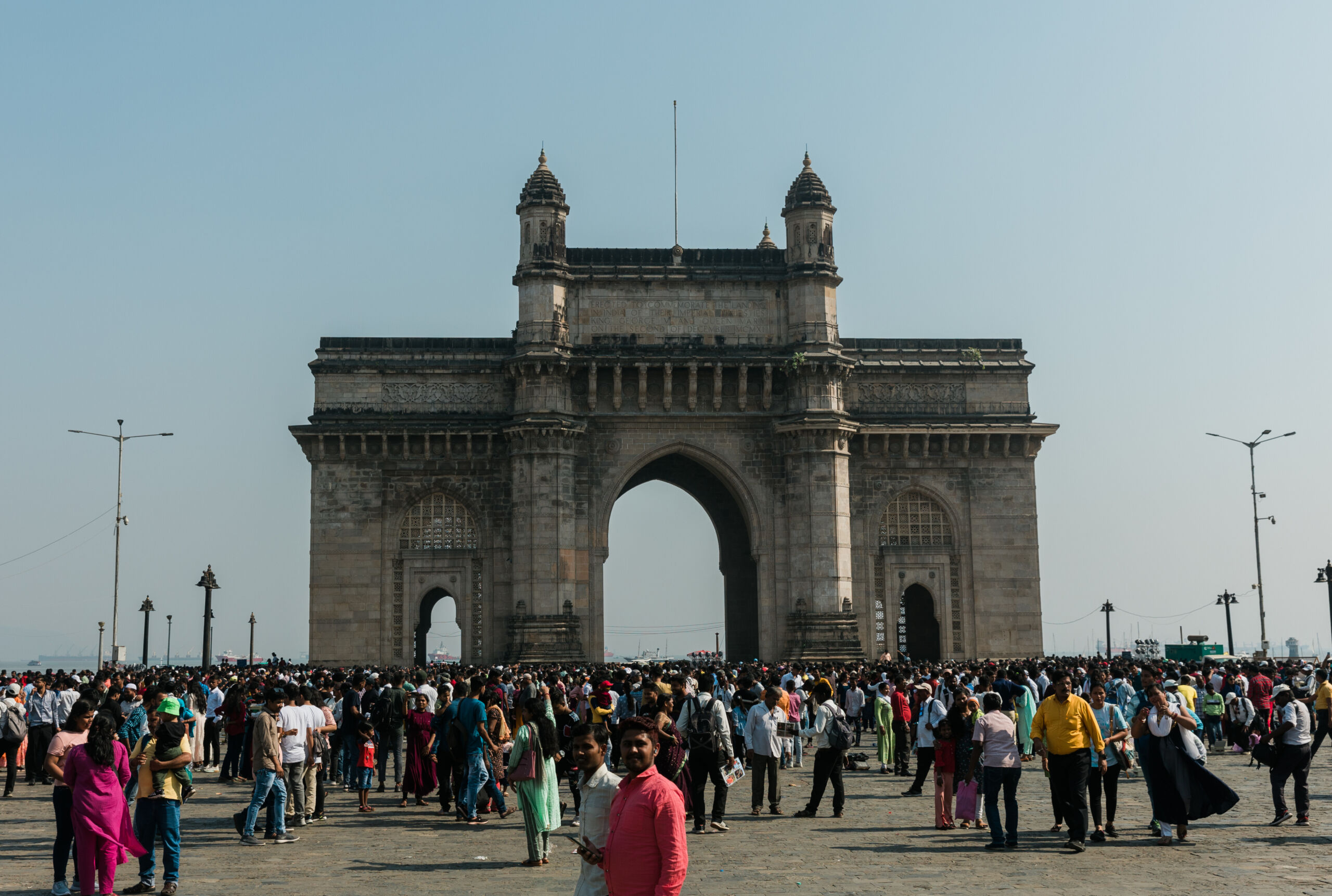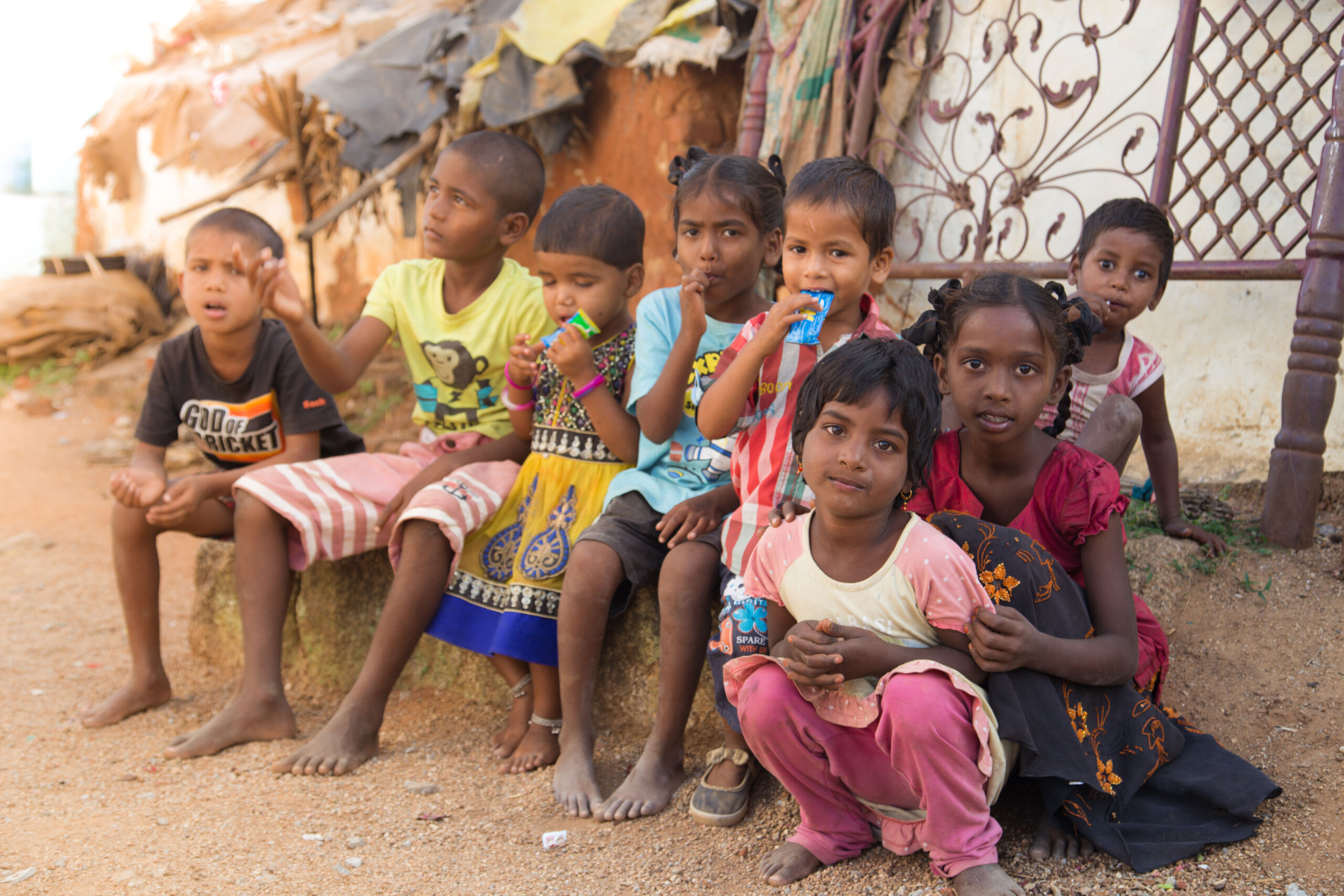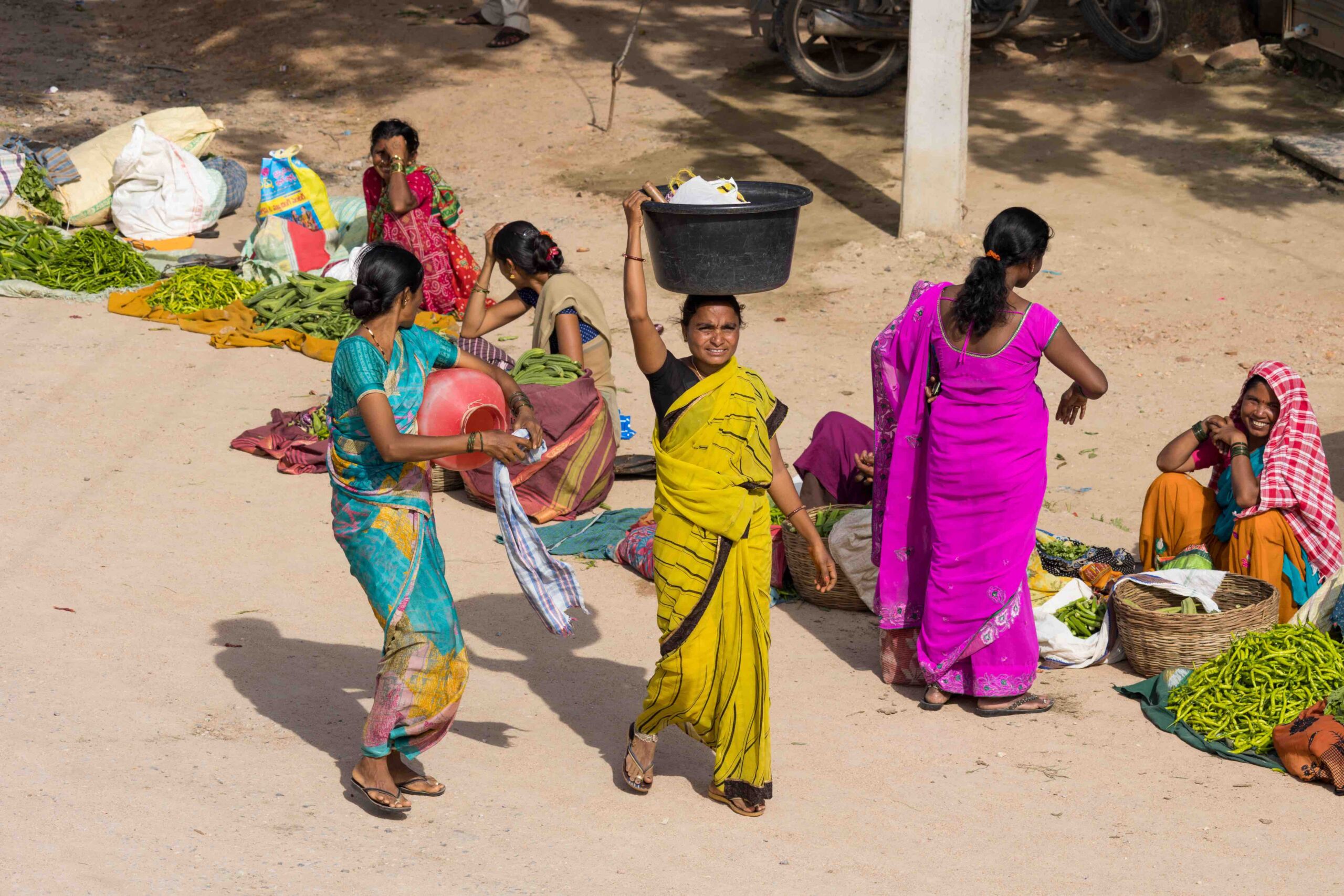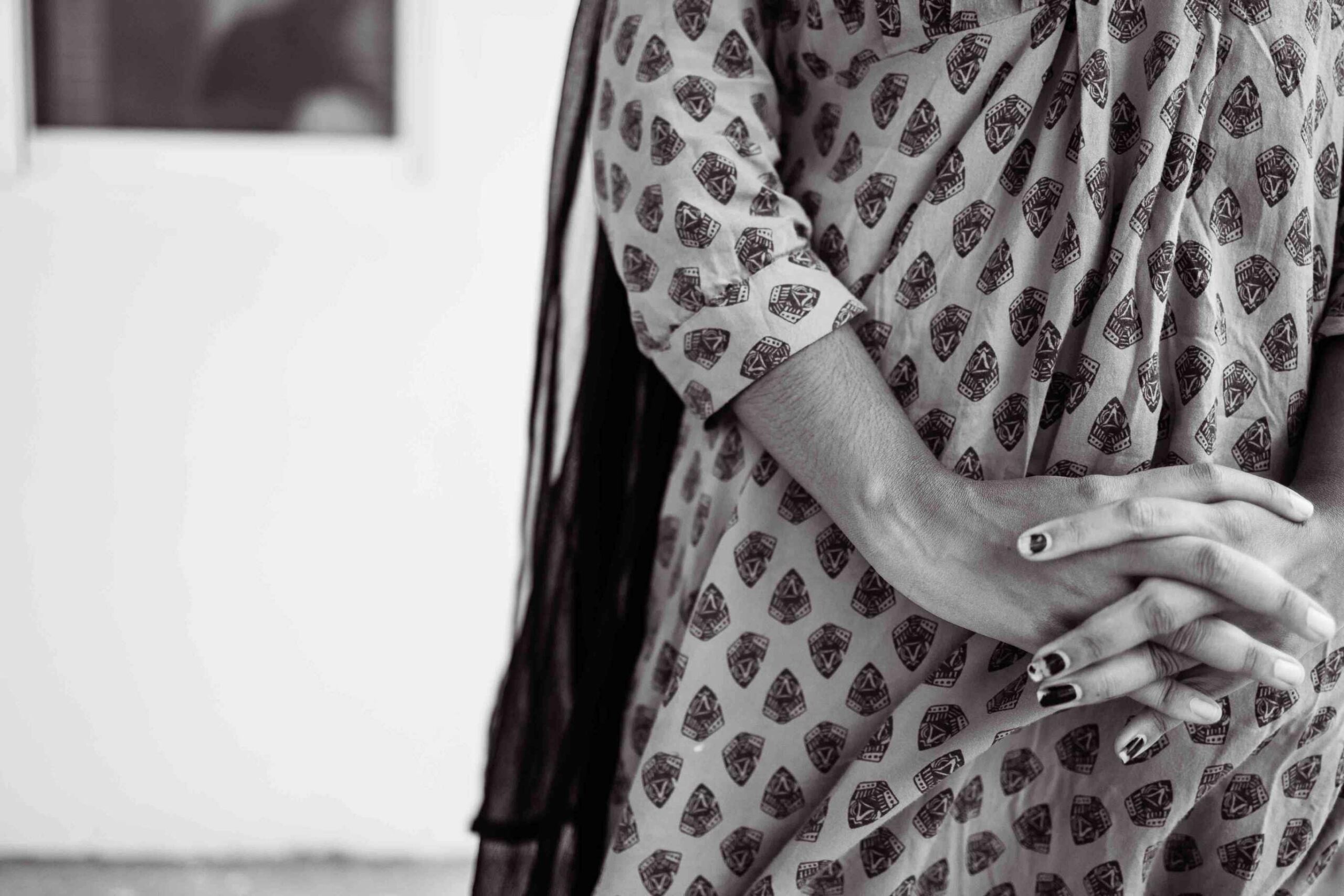
What comes to mind when you think of the word “Freedom”?
We asked some friends what they thought. Here’s what they said:
- Peace
- Limitless
- Treasure
- Opportunity
- Responsibility
- Unburdened
- Choices
- Autonomy
- Blessing
- Power
- Worth Fighting For
Oxford Dictionary gives several definitions for the word “freedom.”
- The power or right to act, speak, or think as one wants without hindrance or restraint.
- The state of not being imprisoned or enslaved.
- The state of not being subject to or affected by a particular undesirable thing.
- The power of self-determination is attributed to the will, the quality of being independent of fate or necessity.
Those are powerful words. Words that we at Dignity Freedom Network agree with wholeheartedly. We even put the word “freedom” in our name. That’s how important it is to us.
Therefore, when we hear about women and girls trapped in ritualized prostitution, children being denied the right to education, and families being torn apart by unending poverty and abuse, our hearts break. We know your heart breaks, too.
The state of freedom around the world today is bleak.
According to Open Doors International, a global clearinghouse analyzing the state of religious and ethnic persecution and discrimination, “The number of countries where Christians suffer high and extreme levels of persecution has almost doubled to 76 countries” in just 30 years. They have found that “more than 360 million Christians suffer high levels of persecution and discrimination for their faith.” Tragically, in 2022, Open Doors reported that 5,621 Christians were killed for their faith. Christians and other faiths in dozens of countries worldwide are not free to choose, practice, and propagate their religion.
Further, news outlets worldwide report daily of conflict, wars, fighting, and violence. Much of these challenging circumstances are brought about by an actual or perceived lack of freedom. Authoritarian governments are on the rise. Human rights violations abound. Where poverty exists, Christians and other minorities are often among the most impoverished and have the least hope of being freed from economic enslavement. This is true for people of other religions who are in the minority in their community, not only Christians. People hindered from acting, speaking, or thinking independently desperately desire personal freedom. Those who are enslaved or subjected to undesirable systems want to be freed. Everyone everywhere wants the power to determine their future. When the fundamental human right of freedom is violated, battles are waged.
Ultimately, for freedom to be realized for all humankind, there are significant areas that must be addressed robustly.
First, freedom requires systems in nations, societies, institutions, and families that empower and uplift. Structural injustice is endemic, especially among the poor and oppressed. According to Iris Marion Young, “Structural injustice exists when social processes put large groups of persons under systematic threat of domination or deprivation of the means to develop and exercise their capacities, at the same time that these processes enable others to dominate or to have a wide range of opportunities for developing and exercising capacities available to them.” Those suffering under structural injustice will be trapped and unable to flourish until systems are changed and freedom and empowerment become the priority. According to Powers and McFadden, authentic freedom and justice cannot be achieved until “powerful actors engaging in subordination, exploitation and exclusion” are brought down.
Second, freedom requires the restoration of dignity among the oppressed and exploited and embracing individuals’ full humanity. Creation, including humankind, is good and was created with full dignity to be the image-bearers of God. To be fully human is to understand that we need to cherish ourselves and others just as God cherishes His beloved creation. The world’s brokenness robs people of their dignity, thereby leading to a removal of freedom and behavior that consistently damages the humanity of people around the world. Freedom celebrates the dignity of humanity.
Third, authentic freedom assures representation and power in decision-making for men, women, families, cultures, and nations everywhere. This is the aspiration of the American experience. All cultures must adopt this basic tenet of human freedom. Decision-making power is massively freeing. No longer is it sufficient to merely “Give a Voice to the Voiceless.” No. Society must go one crucial step further. We must let those new voices lead the way. True freedom requires it.
This is precisely what we do at Dignity Freedom Network.
We fight for full-life freedom for India’s women, children, and families.
- We RESCUE people from mistreatment.
- We RECLAIM purpose and dignity for those broken by injustice.
- We RESTORE freedom and opportunity in lives transformed by whole care for the whole community.
- We REIMAGINE bright futures full of FREEDOM for children, women, and families escaping exploitation and abuse. A future in which systems exist that promote empowerment for all, especially women, children, and families.
Rescue, reclaim, restore, reimagine. To us, that’s what freedom is all about. And together with you, we will fight for this freedom bravely and tenaciously until everyone is free.
For more information on how DFN fights for freedom, please visit DFNUSA.org.
Because every life is worth fighting for.
- Oxford Learner’s Dictionaries, https://www.oxfordlearnersdictionaries.com/us/definition/english/freedom
- Open Doors website: https://www.opendoors.org/en-US/persecution/countries/
- Open Doors.
- Open Doors.
- Iris Marion Young, Justice and the Politics of Difference, Princeton University Press, 1990, p 254
- Madison Powers and Ruth Faden, Structural Injustice: Power, Advantage, and Human Rights. Oxford University Press, 2019, p. 3.
- D’souza, D’souza-Vali, and Kadwell, The Eternal Quest for Human Dignity and Our Humanity, Tyndale Publishers, 2023, publication pending.





Get Social